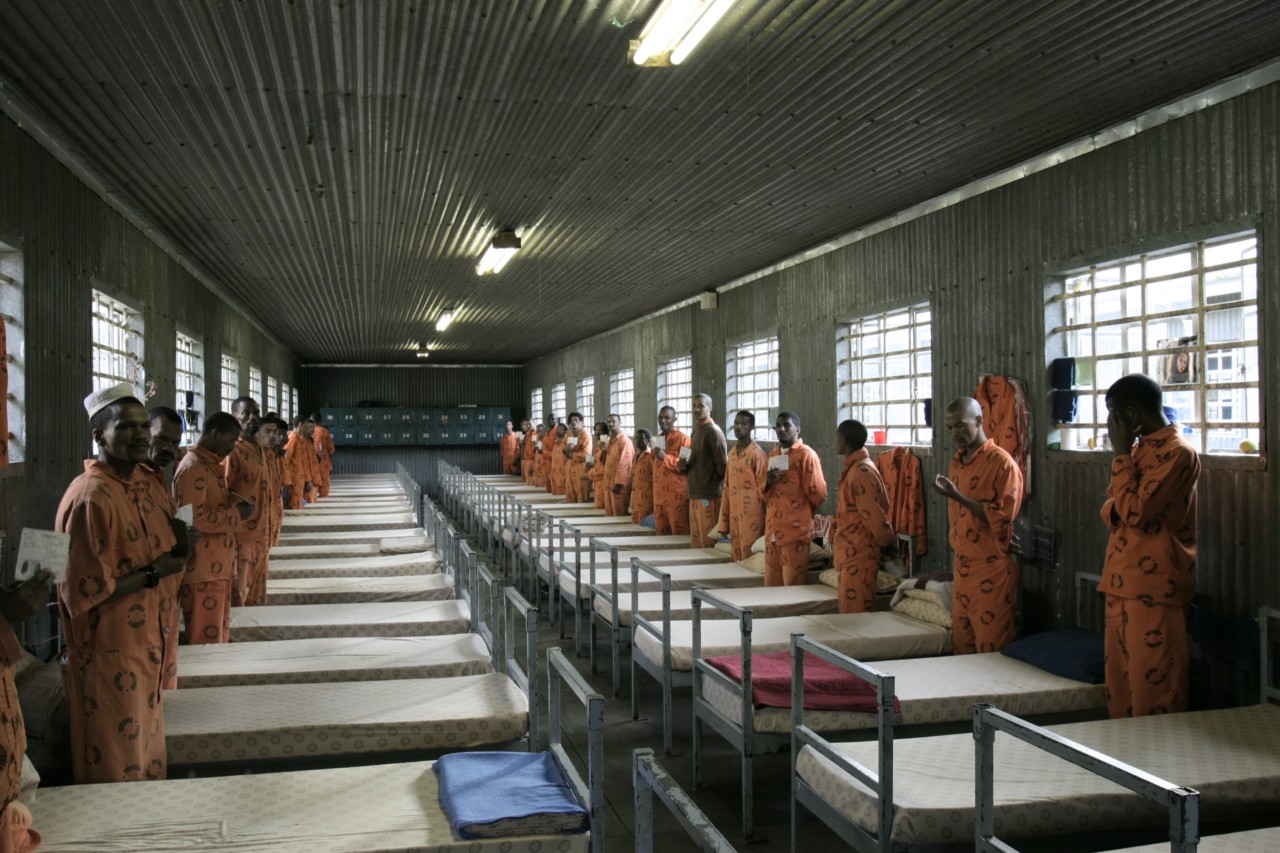
The Kingdom of Eswatini acknowledged on Wednesday that it is currently holding five people deported from the United States under a contentious immigration policy first advocated by former President Donald Trump.
- Eswatini confirmed holding five individuals deported from the US under a controversial immigration policy.
- The detainees are from various countries including Vietnam and Yemen, held pending repatriation procedures.
- The deportation policy, reintroduced in the US, allows transfer to third-party countries.
The individuals being held in the country, as reported earlier, are from Vietnam, Jamaica, Laos, Cuba, and Yemen.
Authorities in the small landlocked southern African nation noted that said persons are being kept in separate jail facilities pending repatriation procedures, as reported by Reuters.
Eswatini’s administration has announced that it is working with the United States and the International Organization for Migration (IOM) to finally release the inmates to their home countries.
While the IOM has not yet commented on the topic, the cooperation is part of a larger effort to handle difficult deportation logistics in the face of altering US immigration rules.
The deportation flight arrived in Eswatini earlier this week, prompting concerns because the country is far from the deportees’ home countries and is not well-known for international immigration procedures.
![Eswatini was named after an ancient king [swazihighcom]](https://ocdn.eu/pulscms/MDA_/510a299d99593191074e2fe2a1780f31.jpg)
The transfer was permitted by the US Department of Homeland Security under a recently reintroduced Trump-era policy that enables migrants to be deported to third-party countries, even if such countries are not their home country.
SEE ALSO: Landlocked African nation declares emergency as U.S. tariffs threaten economic stability
The program, reintroduced following a June Supreme Court decision, allows US immigration authorities to speed deportations without enabling migrants to submit allegations of persecution or danger in their home countries.
Human rights groups and immigration supporters have criticized the action, claiming that it breaches international asylum standards.
In a post on social media platform X, a Trump-aligned U.S. official, McLaughlin, referred to the five deportees as “depraved monsters” and defended the policy as a tool to remove individuals deemed threats to American society. The nature of the crimes or accusations against the deportees has not been made public.
Eswatini, a tiny landlocked monarchy in Southern Africa with a population of around 1.2 million, is governed by King Mswati III, who has had absolute authority since 1986.
The country’s participation in this US deportation tactic is unusual, raising concerns about the role that smaller nations may play in larger geopolitical and immigration issues.
As the international community awaits further information and comments from the IOM, the case highlights rising global concerns over migration, deportation policies, and the treatment of those stuck in a complex legal web.












